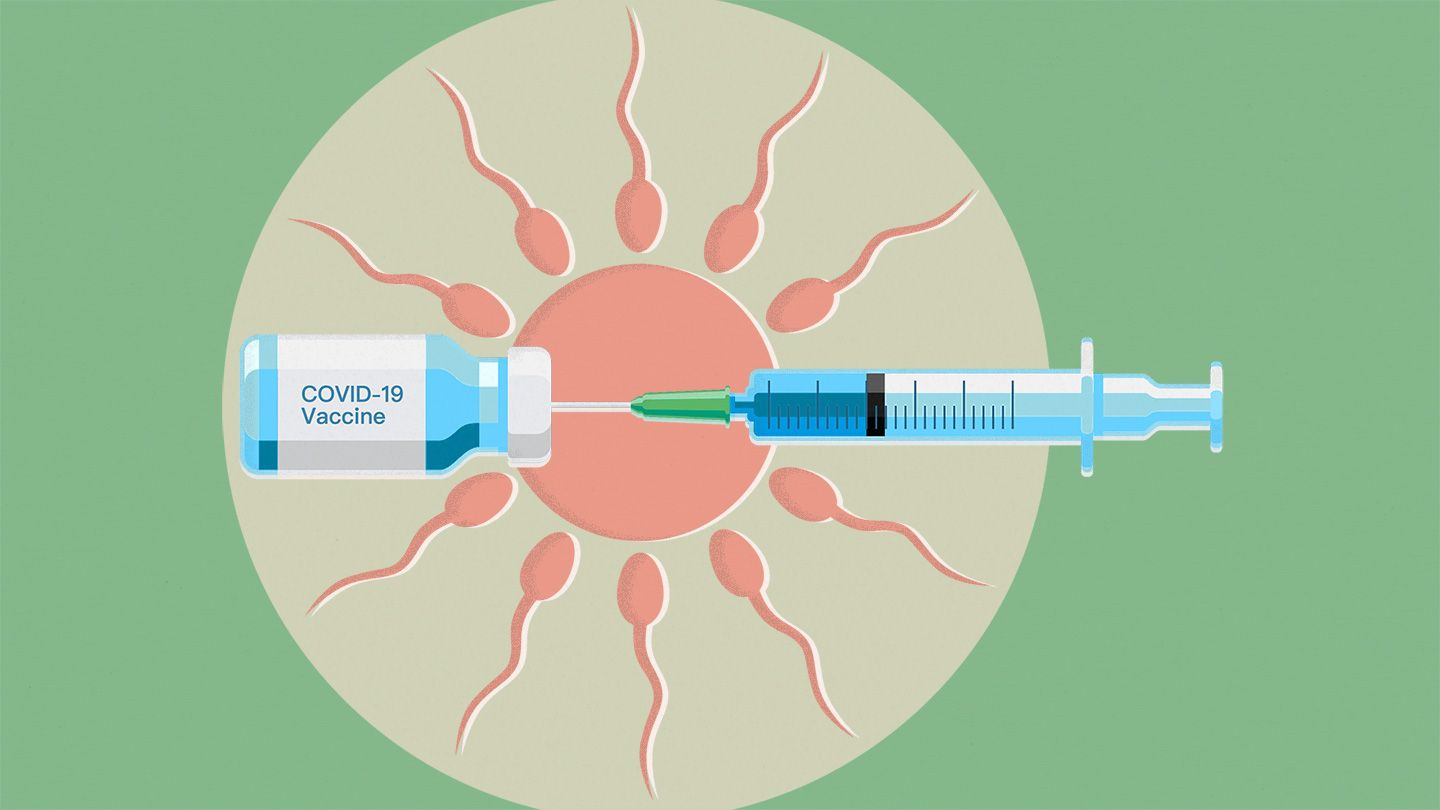Here’s everything you need to know if you are trying to start a family but are frustrated by IVF failures. When you have a healthy endometrium lining inside your uterus and healthy embryos, but they do not attach and prevent pregnancy, you have recurrent IVF failure. It is known as IVF failure, and when it happens twice, you need to figure out why.


Let’s take a look at the factors that contribute to IVF failure
The first reason is to assess the embryo, which is the essential factor to consider and must be of the highest quality. When the embryo and the endometrium communicate, the implantation takes place. Only a woman can become pregnant once the endometrium (uterine lining) accepts the embryos.
As a result, whenever a failure occurs, it must be categorically reasoned out. The embryo’s quality needs to be improved. We prepared this essay with the help of Dr. Nisarg Patel from Nisha IVF -one of the top IVF centers in Ahmedabad, to give you all the information you need about infertility treatment during Covid-19.
Nisha IVF Centre in Bopal, Ahmedabad, is one of the city’s leading fertility clinics. For most Indian and international patients, they are synonymous with IVF success in the first cycle.
Founded, owned, and managed by Dr. Nisarg Patel, Dr. H. B. Patel, and Dr. Himali Maniar Patel, a team of highly experienced and capable gynecologists and IVF specialists, offer affordable IVF services combined with world-class technology.
Their main goal and commitment are to provide couples and individuals who want to start a family with the best fertility treatment available.
Apart from traditional assisted reproduction techniques (ART), they also provide the most up-to-date fertility treatments for men and women. It includes the following:
- IVF
- Oocyte Donation
- ISCI
- IUI-Intra Uterine Insemination
- Cryopreservation
- Embryo Screening
- Blastocyst Transfer and so on
Is Covid-19 to blame for IVF failure?
When the gametes, which are eggs and sperms, combine, the embryo gets formed. The sperm from a malefactor is taken into account first. We know that the Covid-19 virus enters the Sertoli and Leydig cells in the testis.
As a result, patients who have tested positive for Covid have a higher risk of harming the sperm parameter. Any infection, on the other hand, can damage the sperm factor. Even abnormal blood sugar levels and diabetes can be problematic, and you should get them evaluated.
A variety of lifestyle factors causes poor sperm quality.
Pregnancy occurs frequently, and spontaneous abortion occurs frequently. It is also one of the factors preventing the embryo’s development.
Consumption of alcoholic beverages, tobacco products, or chewing tobacco can all impact sperm quality. Further, your specialist can perform a sperm DNA fragmentation test to evaluate sperm quality. A tightly packed DNA makes the sperm.
DNA fragmentation is a possibility whenever it is tightly packed. The only cell with a tiny cytoplasm fixes the nucleus or sperm. As a result, sperm issues or sperm fragmentation may arise.
As a result, the embryo ends up being of poor quality and unable to be implanted. When it comes to the malefactor, you must consider these factors. When the quality of sperm cannot improve, the specialist will require sperm donation to treat severe men’s cases.
Eggs of poor quality
Women over the age of 35 are more likely to have poor egg quality. Endometriosis, low ovarian reserve, and diabetes are all conditions that can cause infertility and poor egg quality in a woman.
These factors degrade the quality of an egg as well, and the specialist must thoroughly examine it. If there aren’t enough eggs, an egg donor IVF cycle is still an option.
Another factor to consider is the endometrium (uterine lining), which must get assessed. Any infections in the uterine lining, such as tuberculosis (TB), should be ruled out and treated as soon as possible.
A mismatch in the day of implantation (Implantation Window) of the embryo transfer day can also lead to failure. If it does not match, you may miss the pregnancy.
Adopt a healthy lifestyle to avoid recurrent IVF failure. It includes the following:
- Eat a well-balanced diet
- Exercise regularly
- Avoid smoking and alcohol
- Meditate
- Maintain a healthy weight
- Get a good night’s sleep of at least 8 hours, in addition to receiving proper medical treatment for infertility.
